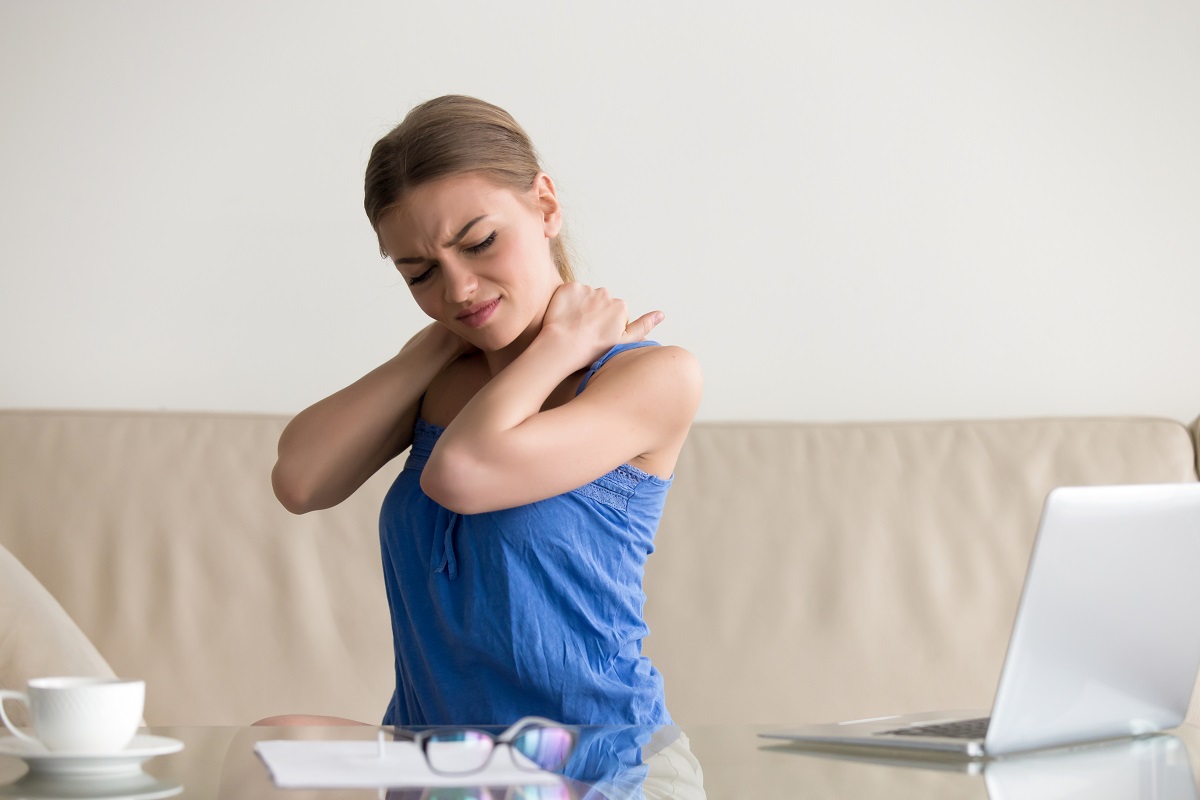Living with chronic pain can be very distressing. Pain experienced for more than a period of three months, without any reason or purpose, can be classified as chronic pain.
What makes chronic pain unique from other pain is that it does not serve your body a purpose. Pain is your body’s way of telling you that something is wrong. If you touch something hot, your body will tell you to take your hand away because of the pain that you will feel. If you have gone a major surgical operation, you will also feel some pain weeks or even months after the surgery, telling you to take it slowly while you recover.
Different Forms of Chronic Pain
Chronic pain comes in different forms. If not managed right, chronic pain can affect the way you live. Most people who suffer from chronic pain also end up developing anxiety and even depression.
Some examples of chronic pain include, but are not limited to, the following:
- Lower Back Pain
- Arthritis Pain
- Frequent and Severe Headaches
- Nerve Damage Pain
- Fibromyalgia
- Multiple Sclerosis
- Shingles
If you are suffering from chronic pain, it is essential to seek your doctor’s help. You do not need to suffer on your own and tough it out. Your doctor can give you medications to ease your pain, such as pain relievers, opioids, and antidepressants.
Ways to Manage Chronic Pain

Of course, there are non-medicated methods that you can do to help manage your pain along with your prescriptions. This does not mean that you can forego your medicines. These methods are not meant to replace the prescriptions that your doctor will give you.
-
Seek alternative remedies.
Alternative remedies such as chiropractic care and acupuncture have shown positive results in managing chronic pain.
-
Do some low-impact exercises.
You can do some low-impact exercises to help relieve the pain, such as simple stretching, walking, swimming, and cycling. Some hospitals and therapy centers offer guided exercise programs designed to help manage chronic pain. These structured exercises can be tailored and modified for your specific condition to be more effective. Exercise helps release endorphins to make you feel better. They also help block pain signals to your brain.
-
See a physical therapist.
A therapist can give helpful tips for avoiding specific movements that can trigger chronic pain. He will provide you with a particular set of exercises to aid with the treatment of pain. For instance, to help treat chronic back pain, a physical therapist will guide and assist you to retrain your posture, do some core strengthening exercises, and flexibility exercises.
-
Do some meditation.
Experiencing chronic pain can take its toll not just physically but mentally and emotionally as well. You will be irritable, frustrated, and you might also feel depressed. Meditation can help your mind relax and ease the pain. Focus on your breathing and block out all other thoughts. You can focus on a single word or your mantra. You can also take meditation classes if you want to do it properly.
-
Avoid stress.
Stress can make chronic pain more unbearable. Stay away from negative emotions such as anger, depression, and anxiety. You will find that veering away from these negative feelings can bring relief from chronic pain. Listen to relaxing music or do some activities that bring you joy, such as reading a book or watching a movie. Do not dwell on your problems and take control of how you react to stressors.
-
Avoid drinking alcohol and smoking.
Drinking alcohol can give you sleeping problems, while chronic pain can make falling asleep a challenge. On the other hand, smoking can also worsen pain and should be avoided altogether.
-
Join support groups.
Sometimes, the only people who can understand what you are going through are the people who are also dealing with the same predicaments. When you talk with people who have the same problems, you will feel that you are not alone in your struggles. You can also learn a thing or two on how others cope with their pain.
-
Eat a healthy and balanced diet.
A well-balanced diet is beneficial for your body in so many ways: easier digestion, low risk of diabetes and heart attack, and a healthier weight. Choose a low-fat, low-sodium, and all-natural diet for a healthier and leaner physique.
-
Enjoy your life.
Having chronic pain does not mean you cannot enjoy life. Do not focus on the pain. Look for activities that you enjoy and will keep your mind off the pain. Keeping busy can help you take control of your life.
You need to make specific lifestyle changes to help relieve chronic pain. However, life still goes on, and you must enjoy it all despite the pain.



